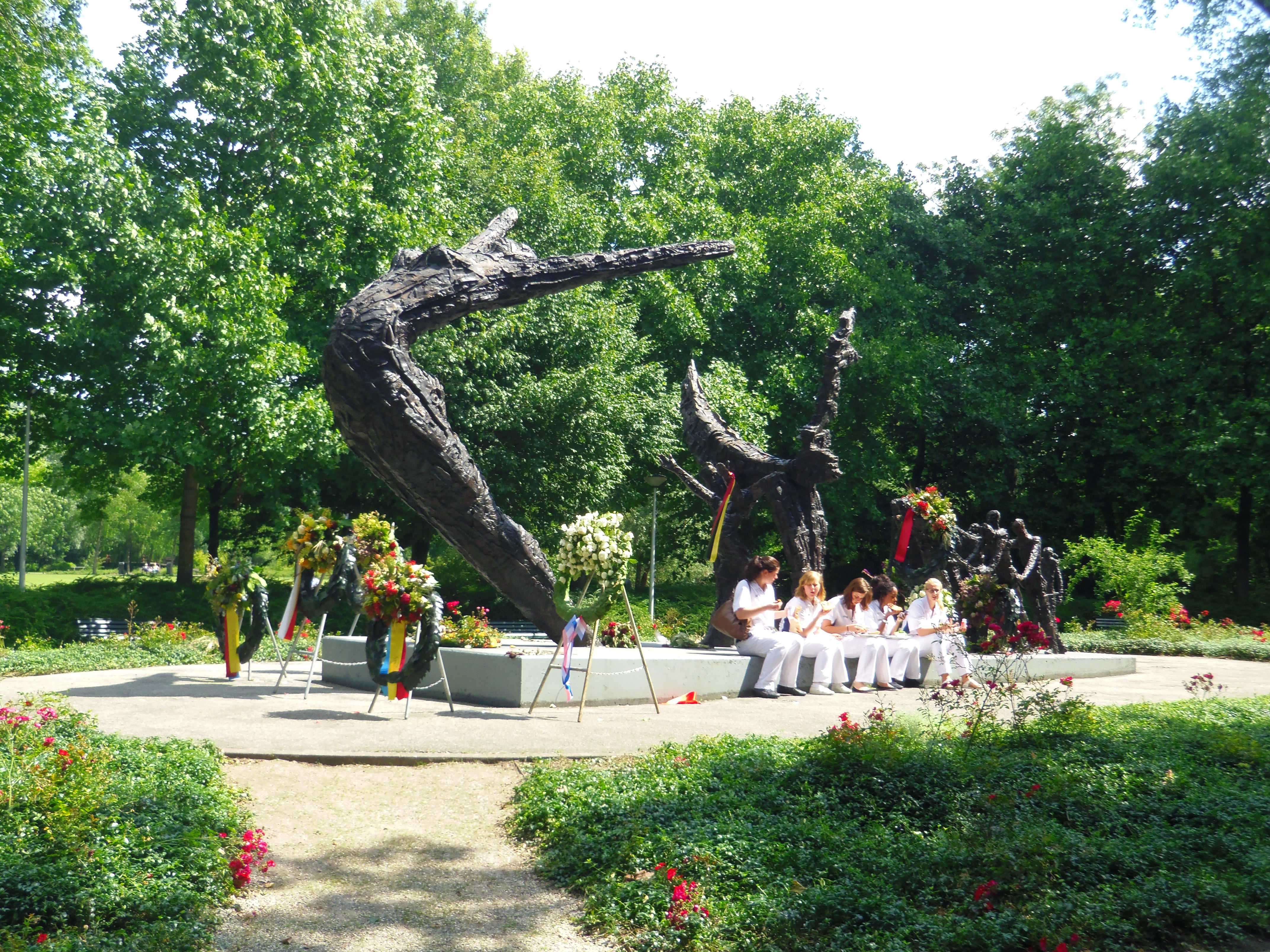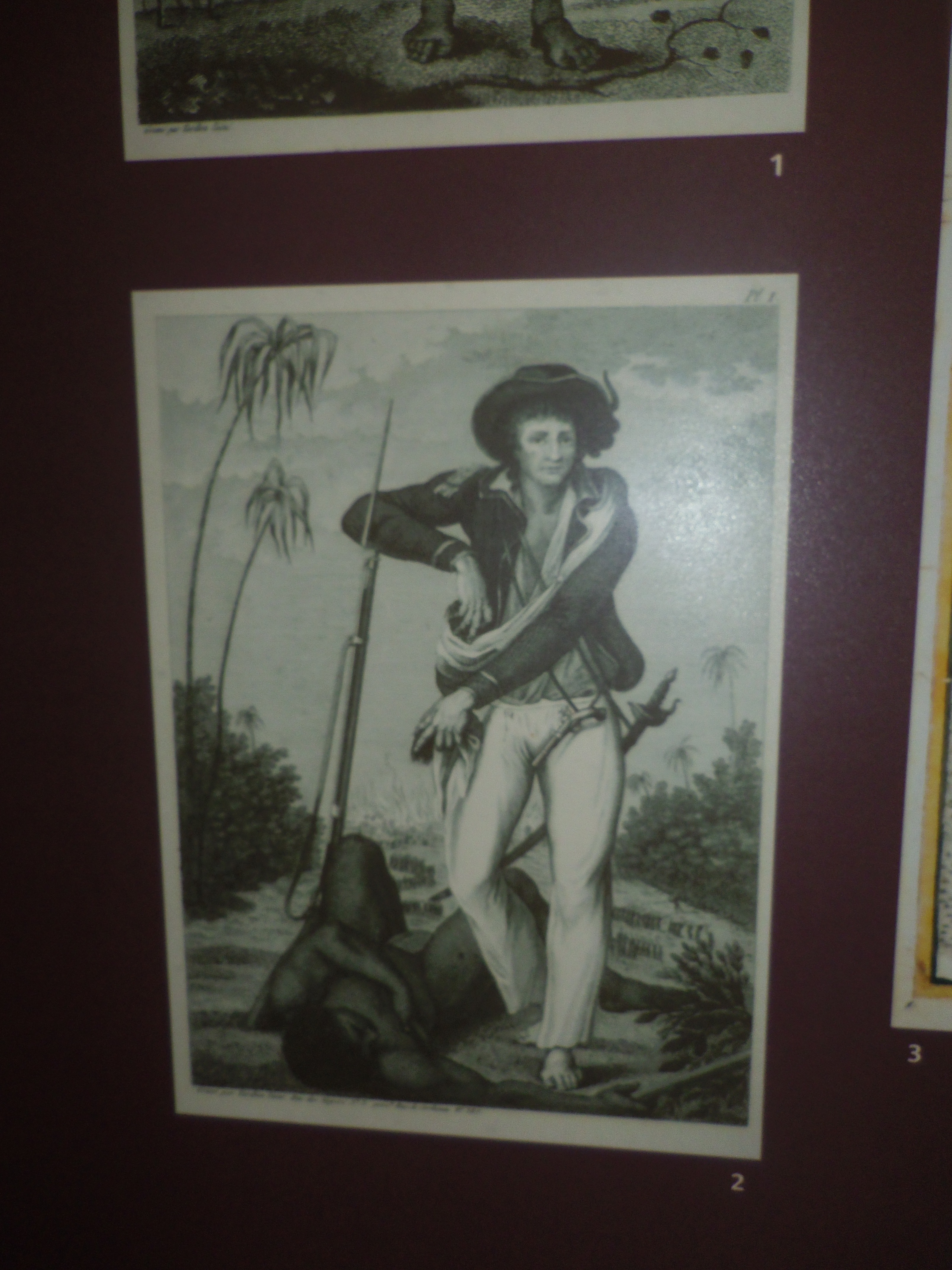I spent a great deal of time last week talking about disparities – differences in access and achievement – that exist along sex or racial lines. Wednesday’s post looked explicitly at a topic that is dear to my heart: education. Education is, in my opinion, the key to societal progress. It is not simply enough to know stuff – we have to be skilled at appraising the truth about the stuff we know, and in finding new ways to test that knowledge. That is what it is to be educated, and when a group of people is held back from obtaining those skills, it has far-reaching effects. When one group is deprived while another has access, we begin to see widening disparities.
But, while education is a major part of what is needed for a group of people to make progress, it is not alone in the pantheon of resources in which we see major disparities. Submitted for your scrutiny, here is a top 10 list of career areas in which black people are disproportionately underrepresented:
- Teaching
- Law
- Science and Technology
- Academia
- College Athletics
- Advertising
- Construction
- Media and Telecommunications
- Health Care
- Fashion
These positions are better fleshed out in the article itself, but even a cursory glance at this list paints a pretty bleak picture. The order I’ve listed these fields is the order in which they’ve been printed in the article, but I think a better story can be told if we can group them thematically. If you’ll allow me, I’ll point to some trends I see in this list.
Black people don’t lead (#1, #4, #5, #8)
Everyone can point to teachers that changed their lives. I had Ms. Mooney in high school, and Drs. Anthony and Ward in my undergraduate that laid down the foundation for a lot of my professional life through constant encouragement and support. While I wasn’t involved in sports (I was a drama kid – there were more girls in the school play than on the football team), I know many people who received mentorship and guidance from their coaches. Media figures also help young people develop their ideas and expose them to differing perspectives on the world.
The underrepresentation of black people in these fields means that there are few black role models in leadership positions. We know from psychology that modeling is one of the principal ways that humans learn, and actually differentiates us from many other animal species that learn through a more trial/error process. In absence of models in the black community in leadership positions, an unconscious equivalence between non-black skin and leadership (or, conversely, the lack of association between black skin and leadership) becomes more deeply entrenched as generations pass.
Black people don’t innovate (#2, #3, #4)
A modern nation is defined by its laws. Most of the major fights happening in Canada and the United States are happening in the courts. Indeed, many of our political leaders come from the legal sphere. Beyond the simple legal battles, the developed world doesn’t make its money through manufacturing or agriculture anymore – it does it by developing new and innovative ideas and technologies. Because we have a big slice of the world’s money, we’re the only ones that can really afford to test new ideas and “waste” time on avenuesof research that don’t immediately pan out.
When black people are disproportionately excluded from the fields of law, science and academics, we find ourselves outside the process looking in. Instead of being a part of the process of choosing and developing innovative ideas, we are instead relegated to observing them (whilst hoping they aren’t used to our disadvantage, which they often are). As I noted with the lack of black faces in the halls of political power, an absence of black people in the decision-making process means that people make decisions on their (our) behalf, often without having any first-hand knowledge of the issues we consider important.
Black people don’t contribute (#7, #9)
There is a certain level of pride and ownership that comes with building things, or with caring for each other. Beyond the simple instrumental utility of having a bridge or mending a broken bone, public works help bring us together as a society. When someone can point to a building and say “I helped build that” or to a child and say “I helped deliver her”, it reminds us of how connected we are to each other and how important our communal sense really is to our day-to-day lives.
When one group is removed from that process, however, they can become alienated. I’ve seen this with First Nations groups who reject intervention by government, not because it’s ineffective, but because they had no hand in building it. Not only could black people begin to feel like outsiders, but we also begin to be seen as outsiders that aren’t helping. It doesn’t take too exhaustive a perusal of white supremacist writings to uncover the pervasive myth that white people built our country, and everyone else is just there to sponge off of “their” hard work.
Black people don’t control our own brand (#6. #8, #10)
The longer I do this kind of writing, the more I get the feeling that what antiracists like myself are actually doing is a type of brand management – we are concerned with the way black people (or pick your group of interest) are perceived and portrayed by the public. Media outlets, commercial interest, and other industries concerned with image are what help create, sell, and defend a brand. If I can be so callous and mechanistic about a serious topic, we really are talking about taking control of our own public face.
However, when we see our group missing from the ranks of those that really sell that brand, then we have little control over how we are seen. When our news outlets, our advertising and our haute couture are run by people who may not have the most favourable impression of black folks, it’s no wonder that negative perceptions pervade our popular culture.
So we see the kinds of employment disparity at play here can have effects that reach far beyond simple lack of certain types of jobs. They have significant impact in a larger culture that dictates how we think of certain groups. This difference doesn’t simply stop with those who are unemployed – it means that there is less likely to be a next generation of people who are more interested in challenging the status quo. Far from racism becoming eradicated, we are more likely to see an organic type of segregation that has the effect of Jim Crow laws, without the need for legislation.
Once again, and I grow more convinced on this point as I learn more, if we are interested in seeing these disparities fade, then we need to make an active concerted effort. Simply sitting idly and waiting for the situation to resolve spontaneously will have the effect of allowing these non-intentional types of racism become cemented. The article from which the list is taken raises this issue, and points to efforts that have been made to balance the scales. However, without public support these programs come under fire by those who think that giving someone a leg up is cutting the legs out from under someone else.
Like this article? Follow me on Twitter!





